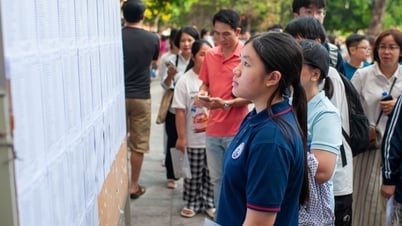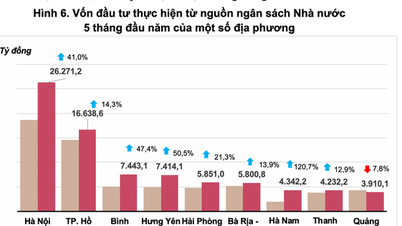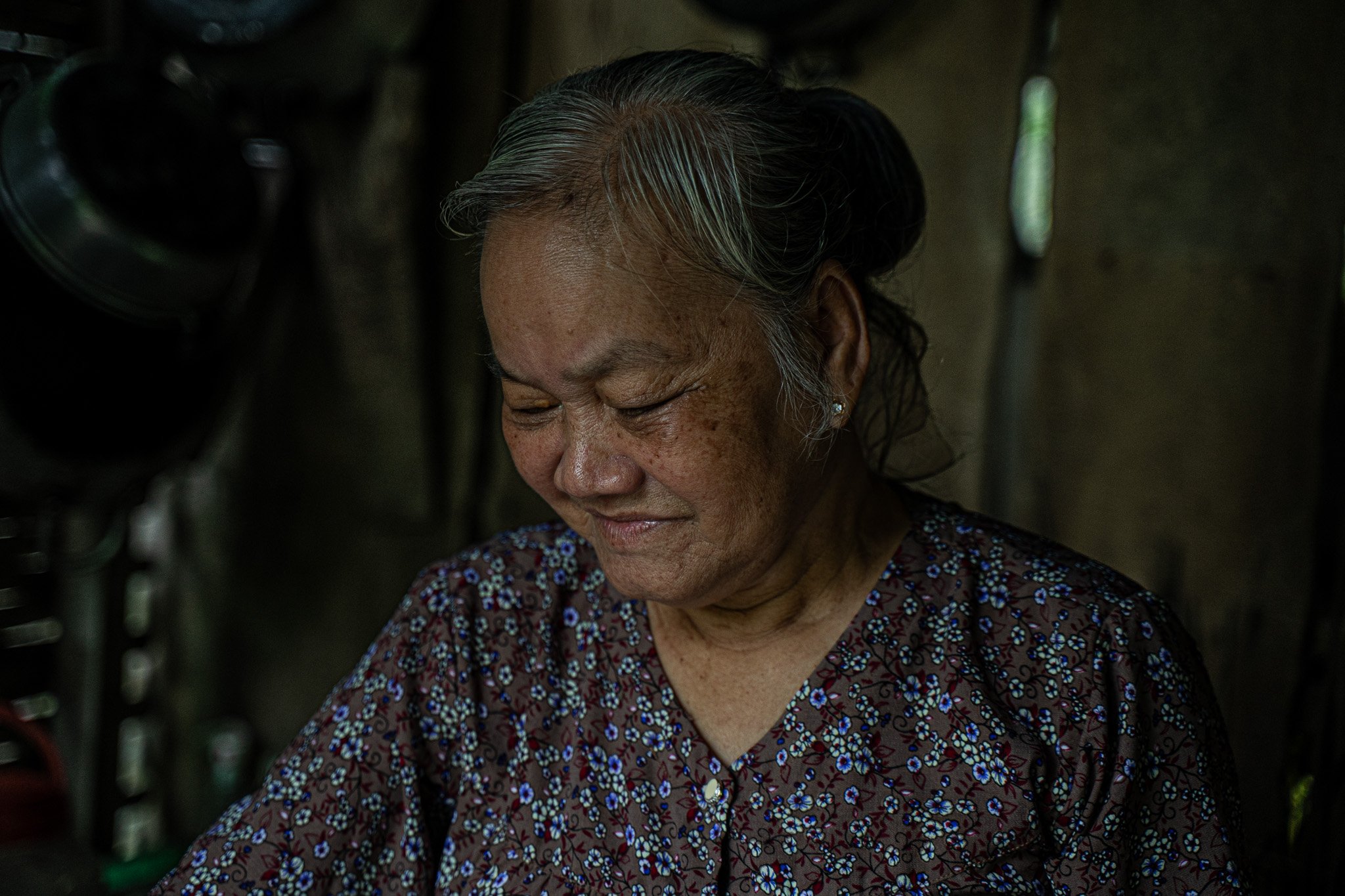Suzhou, the most populous city in Jiangsu Province, has introduced 17 measures, including providing up to 1 million yuan ($137,000) in cash support to streamers with annual revenues of over 50 million yuan and local taxes. City officials are also offering multi-channel networks up to 1.2 million yuan for signing exclusive contracts with popular streamers with annual revenues of over 100 million yuan.

Other measures include recruiting more “high-level talent” for the city’s e-commerce livestreaming sector. Suzhou authorities said these people will be eligible for various preferential policies, such as housing subsidies and children’s education support.
In a post on WeChat, the Suzhou government asserted that “at present, the digital economy , of which e-commerce livestreaming is an example, plays an important role in stimulating the real economy.”
The initiative from Suzhou – home to more than 300 companies in China’s semiconductor supply chain by 2022 – reflects growing interest among major cities in tapping e-commerce livestreaming to stimulate consumption. Suzhou is looking to catch up with other prominent names in the sector such as Hangzhou and Shenzhen.
Hangzhou, home to 69,000 streamers, raked in 503 billion yuan in revenue in the first 10 months of 2021 from the activity, according to government data. Taobao Live, Alibaba’s livestreaming platform, announced plans late last year to cultivate 200,000 new online influencers as part of a strategy to develop 100,000 livestream accounts and 1,000 streaming studios with annual revenue of over 1 million yuan.
Meanwhile, in March, Shenzhen unveiled plans to become a global hub for e-commerce livestreaming, generating more than 300 billion yuan in sales by 2025. In 2022, the southern tech city will bring in 165 billion yuan from e-commerce livestreaming, according to local authorities.
The Suzhou government itself has also gained a foothold in this business. In 2022, the city recorded 55 billion yuan in sales from e-commerce livestreaming, up 79.2% year-on-year.
The current attitude in many localities is in stark contrast to two years ago, when livestreaming faced close scrutiny from regulators. Several popular streamers were accused of falsely advertising products and services and falsifying sales figures. New regulations were also put in place.
(According to SCMP)

Source






































































































Comment (0)